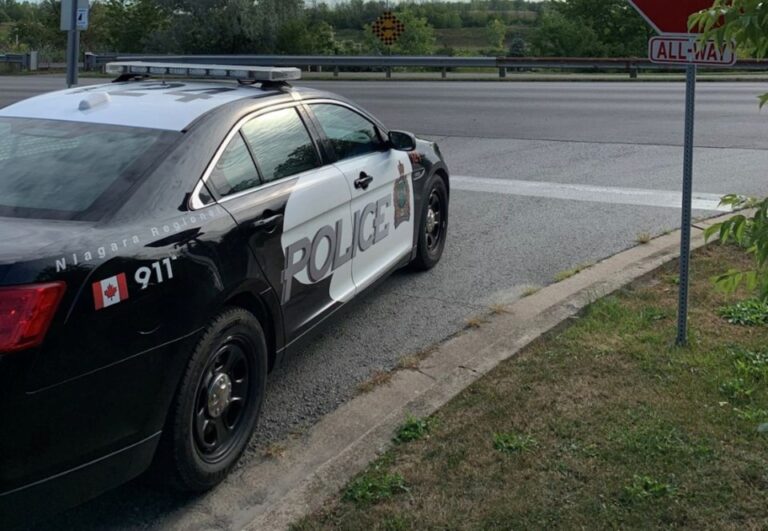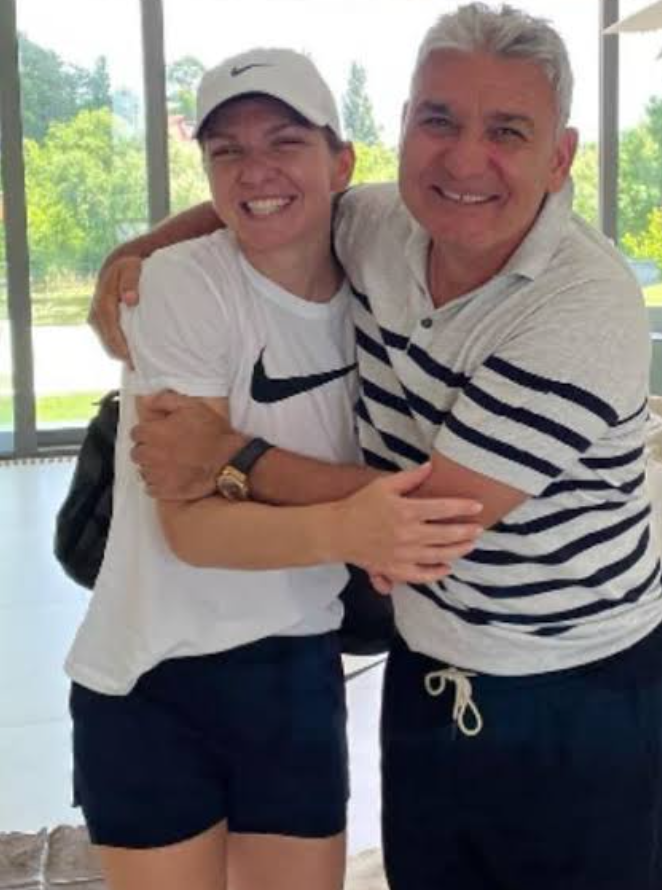Woman Breaks Down In Tears,As She Calls Out WestJet Airlines
Woman Breaks Down in Tears, Calls Out WestJet Airlines: A Call for Better Accessibility in Air Travel
In a heart-wrenching moment that has captured widespread attention, a woman broke down in tears as she publicly called out WestJet Airlines for its failure to accommodate her accessibility needs during a recent flight. The emotional breakdown, shared widely on social media and news outlets, has sparked a larger conversation about the ongoing challenges passengers with disabilities face when flying and the need for the airline industry to do more to ensure equal access for all.
The Incident: A Tearful Plea for Better Service
The incident occurred when Sarah Morris-Probert, a woman with a disability, shared her experience of traveling with WestJet. In a video posted online, she described how she was left feeling humiliated and unsafe due to the airline’s lack of proper accessibility services. According to Morris-Probert, she was forced to ascend the stairs of the plane unaided because the special equipment needed to accommodate her mobility aids was out of service.
“I couldn’t believe what was happening,” Morris-Probert said through tears. “I felt like I was invisible, like my needs didn’t matter. I wasn’t just treated poorly, I was put in a dangerous situation, and I’m not the only one.”
Her emotional breakdown resonated with many who have faced similar challenges when traveling, particularly when it comes to air travel, which is often not designed with accessibility in mind. Her plea for change has sparked widespread outrage, not just at WestJet, but at the broader airline industry, which continues to grapple with how to meet the needs of disabled passengers.
WestJet’s Response: Apologies and Action
In the wake of the viral video, WestJet Airlines issued a formal apology, expressing deep regret over the incident and acknowledging that it fell short in providing the appropriate services for Morris-Probert. Alexis von Hoensbroech, the CEO of WestJet, apologized publicly, stating that the airline took the matter seriously and would be taking immediate steps to address accessibility issues.
“We sincerely apologize to Ms. Morris-Probert for her experience and the distress it caused her,” von Hoensbroech said in a statement. “This situation should not have happened, and we are reviewing our processes to ensure that it does not happen again. We are committed to making the necessary changes to improve our services for all passengers, including those with accessibility needs.”
While the apology was seen by some as a step in the right direction, others were quick to point out that words alone were not enough. Many disability advocates and passengers with similar experiences called for tangible action, such as better staff training, improved accessibility equipment, and more consistent communication between airlines and passengers who need special assistance.
A Broader Issue: Accessibility in the Airline Industry
Morris-Probert’s experience is not an isolated case. For years, passengers with disabilities have faced difficulties when flying, often due to inadequate facilities, lack of training for airline staff, and failure to provide necessary accommodations. The lack of accessible seating, ramps, and adequate assistance at airports and on planes is an ongoing issue that affects thousands of people every day.
The International Air Transport Association (IATA) has reported that while airlines have made some progress in recent years, there is still much work to be done. According to IATA, passengers with disabilities continue to experience delays, missed flights, and even physical harm due to poor treatment by airline staff and inadequate equipment. The issue has drawn the attention of lawmakers and advocacy groups, who have called for more stringent regulations to ensure that airlines comply with accessibility standards.
For Morris-Probert, this was not just a personal grievance but part of a larger fight for systemic change. “I’m not doing this for me; I’m doing this for everyone who has ever been treated this way,” she said in the video. “It’s time for the airline industry to step up and make real changes. We deserve better.”
The Need for Change: What Needs to Happen?
The emotional plea from Morris-Probert has shone a spotlight on the urgent need for change within the airline industry. While most major airlines have some form of accessibility services, the implementation and effectiveness of these services often vary greatly. There is no universal standard, and many passengers continue to experience inconsistent and sometimes inadequate support.
Advocates argue that the following changes are necessary for improving the air travel experience for disabled passengers:
1. Better Staff Training: Airline staff must be properly trained to assist passengers with disabilities, including understanding how to use accessibility equipment, communicate effectively with passengers with visual or hearing impairments, and ensure that their needs are met from the moment they check in until they exit the plane.
2. Improved Accessibility Equipment: Airlines need to invest in and maintain accessibility equipment such as wheelchair lifts, ramps, and accessible seating. This equipment should be regularly checked to ensure it is in working order, as malfunctioning equipment was a key factor in the incident Morris-Probert experienced.
3. Clearer Communication: Passengers with disabilities often face confusion and frustration when it comes to communication with airlines regarding their specific needs. Airlines should provide clear, accessible information about their services and make it easy for passengers to request assistance ahead of time.
4. Accountability and Transparency: Airlines need to be held accountable for the treatment of disabled passengers. This includes having transparent processes in place for addressing complaints and ensuring that any incidents, such as the one Morris-Probert experienced, are thoroughly investigated and rectified.
5. Stronger Regulations: Governments should implement and enforce stricter regulations regarding accessibility in air travel, ensuring that airlines are held to a higher standard and that passengers with disabilities receive the same level of service as all other passengers.
Conclusion: A Call for Inclusive Travel
The tears shed by Morris-Probert were not just a personal moment of frustration; they were a powerful reminder of the many obstacles faced by disabled travelers. Her experience has ignited a much-needed conversation about the treatment of passengers with disabilities and the barriers they face when flying.
WestJet, like many airlines, must now take concrete steps to address these issues and ensure that all passengers, regardless of ability, are treated with dignity and respect. The airline industry as a whole must recognize that accessibility is not a luxury; it is a fundamental right for every passenger.
As Morris-Probert said, “It’s time to make air travel accessible for everyone. We all deserve to travel with dignity.” It is a sentiment that resonates far beyond one woman’s experience and calls for lasting change in an industry that has long neglected the needs of disabled passengers. The hope is that this moment will serve as a turning point—one where accessibility becomes a priority, not just an afterthought, for airlines around the world.






